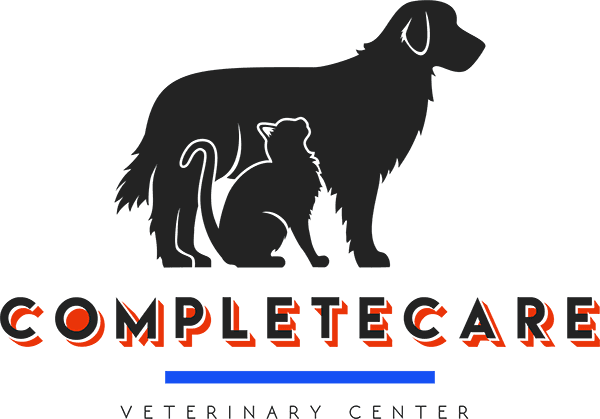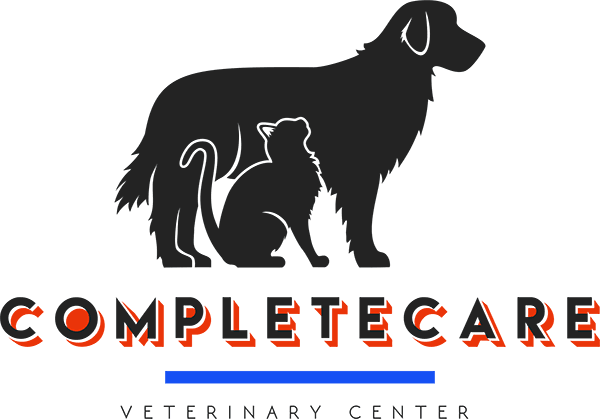Pet Dental Health: A Prevention Angle
As pet owners, we all want our furry friends to live long and healthy lives. One often-overlooked aspect of pet health is dental care. Just like in humans, dental health is vital for overall well-being. Preventive care can help avoid painful and costly dental problems down the road.
Dental problems are very common in cats and dogs; if neglected, they can negatively impact their overall health. A study by a research team found that by the age of three, 80% of dogs and 70% of cats often show signs of oral disease. That's why it's critical to take preventative measures to keep your pet's teeth and gums healthy.
In this article, we'll discuss why it's important to prevent dental problems in your pet and some useful tips on how to do so.
Why Is Dental Health Important For Pets?
Proper dental care is critical for your pet's overall health, just as it is for humans. Dental problems can cause various health problems, including:
- Tooth decay
- Gum disease
- Tooth loss
- Pain
- Discomfort
- Bad breath
- Infections
These issues can lead to serious health issues if left untreated.
5 Tips To Prevent Dental Problems In Your Pet
It is much easier to prevent dental problems in your pet than it is to treat them once they have surfaced. Here are some tips for keeping your pet's teeth and gums healthy.
- Regular Brushing: Brushing your pet's teeth on a regular basis is the most effective way to prevent dental issues. It may appear intimidating at first, but your pet will become accustomed to it with time and consistency. Use a toothbrush and toothpaste made specifically for pets.
- Provide dental chews and toys: Dental chews and toys can help scrape away plaque and tartar, keeping your pet's teeth clean. Just keep an eye on your pet while they're using them to avoid choking hazards.
- Healthy diet: Feeding your pet a high-protein, low-carbohydrate diet can help keep their teeth and gums healthy. Consider switching to a species-appropriate diet high in meat and low in grains.
- Regular dental examinations: Regular dental check-ups are essential for detecting dental problems early. Your veterinarian will be able to identify any problems and recommend treatment options. A dental check-up should be scheduled once a year.
- Dental cleanings: Dental cleanings are an excellent way to maintain the health of your pet's teeth and gums. Your veterinarian will be able to clean your pet's teeth and remove any plaque or tartar that has accumulated. This procedure is typically performed under anesthesia and is recommended for pets who have severe dental problems.
You can help prevent dental problems in your pet and keep their teeth and gums healthy by following these quick and easy tips. Remember that prevention is key, and by looking after your pet's dental health, you can help them live a happy and healthy life.
Give Your Pet A Lifetime Of Good Oral Health At Completecare veterinary Center
At Completecare Veterinary Center, we understand that dental care is crucial to your pet's overall well-being and can prevent painful and dangerous health issues. Our caring team is here to give your pet the best dental care possible so that they can stay happy and healthy. Book your pet's dental cleaning appointment today and give them the gift of a lifetime of good oral health. Contact us or visit our website to learn more about our services.

By accepting you will be accessing a service provided by a third-party external to https://veterinarianstatenislandny.com/


